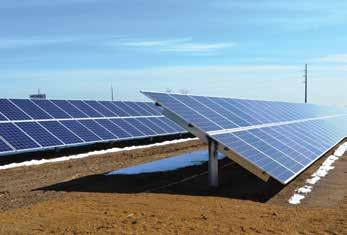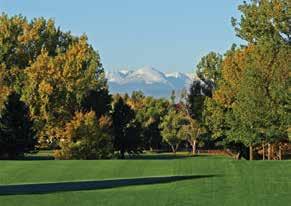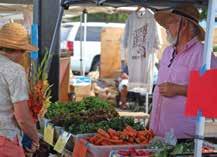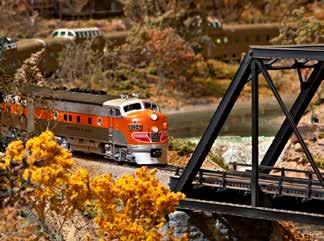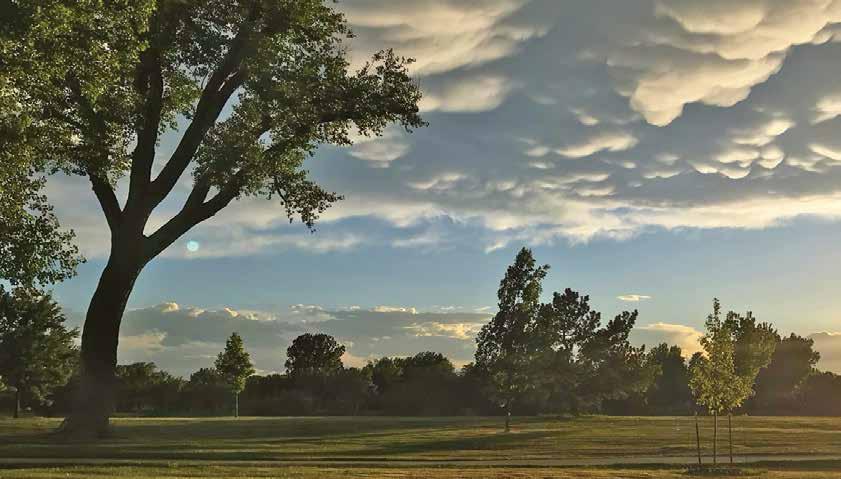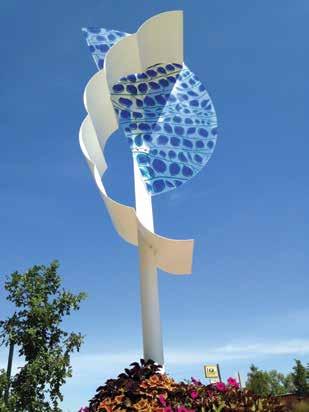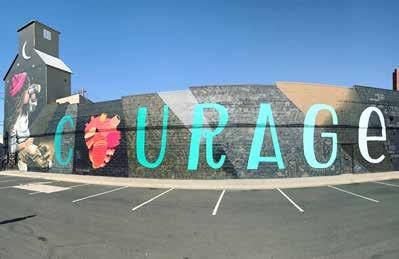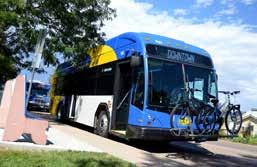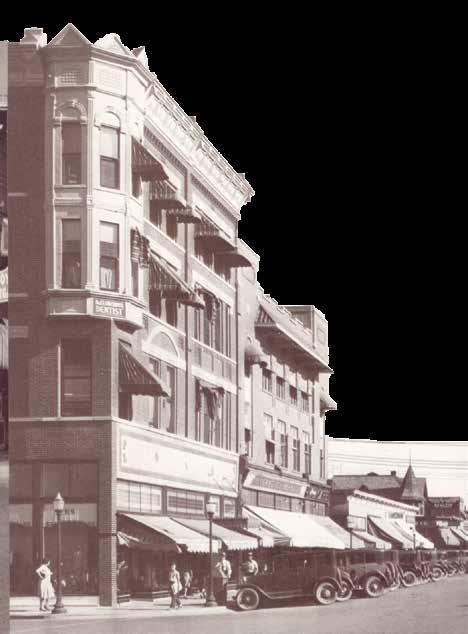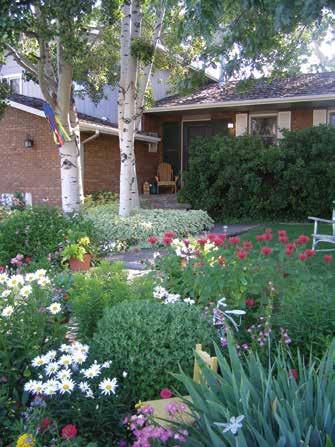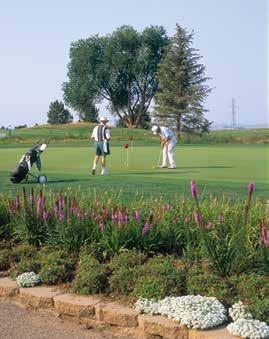GREELEY
History
W
hen the transcontinental railroad was completed in 1869, a spur from Cheyenne to Denver was build, opening this part of the country for settlement. Nathan Meeker, Horace Greeley’s agricultural editor at the New York Tribune, was inspired to create an agricultural utopia in the west. The city of Greeley was born where the railroad crossed the confluence of the Platte and Cache la Poudre rivers a location with abundant sunshine and fertile farmland. Early in the settlement’s development, an irrigation canal became priority construction, ultimately creating an agricultural oasis in the middle of a high desert habitat. Throughout its history, this area has been celebrated for growing potatoes, sugar beets, corn and onions, among many other crops – all made possible on irrigated farmland. As the county seat of Weld County, Greeley became a shopping and business hub for northern Colorado. Agriculture continued to be a large part of the economy, in the form of cattle feeding and beef processing but other industries and major employers have become important economic drivers. State Farm Insurance
Companies created a large presence with a regional office serving the Rocky Mountain region. Healthcare and higher education resources grew into major employers. In the late Twentieth century, oil and gas development exploration became more concerted, developing into a dominant economic force. As population growth has exceeded the national average, Greeley has extended city limits, expanding west toward the mountains.
Go West young man, go West and grow up with the country
"
"
– HORACE GREELEY
12
I
www.greeleychamber.com

